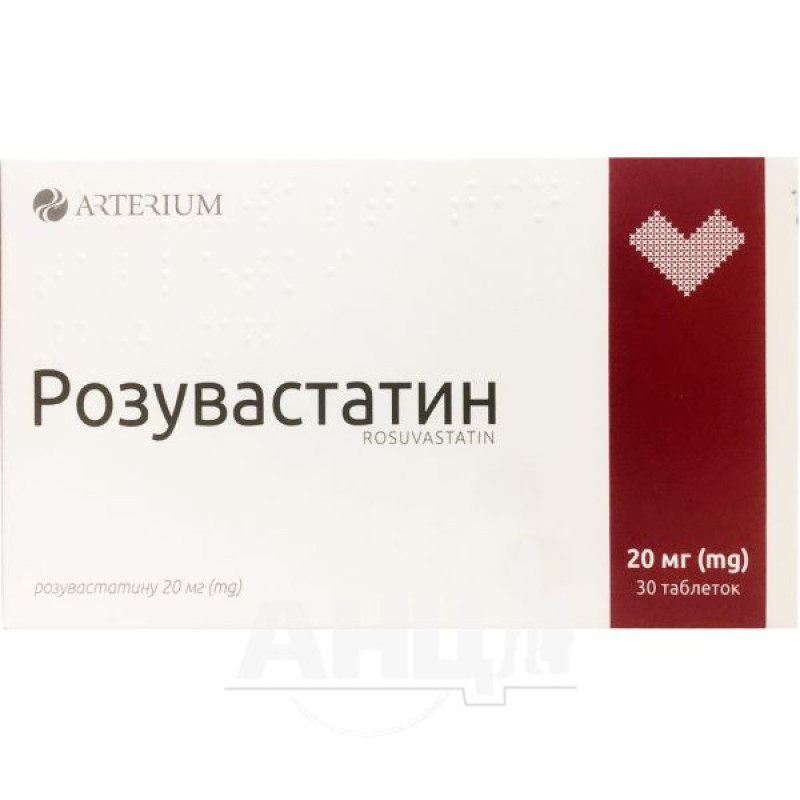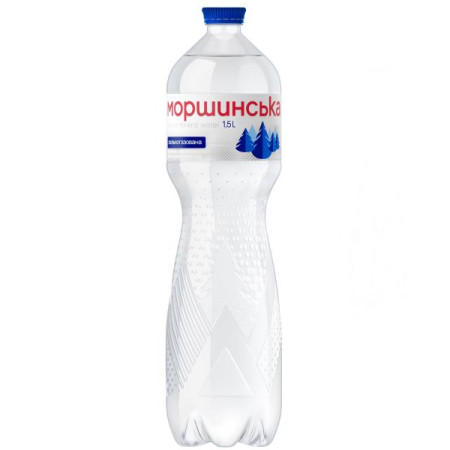Rosuvastatin film-coated tablets 10 mg blister No. 30

Rosuvastatin is a hypolipidemic agent. Indications for use
treatment of hypercholesterolemia; prevention of cardiovascular disorders.Warehouse
1 tablet contains rosuvastatin - 10 mg; excipients: microcrystalline cellulose; lactose, monohydrate; calcium hydrogen phosphate dihydrate; crospovidone; magnesium stearate; coating mixture contains: polyvinyl alcohol, titanium dioxide (E 171), polyethylene glycol (macrogol), talc, iron oxide yellow (E 172), iron oxide red (E 172).Contraindication
patients with hypersensitivity to rosuvastatin or any of the excipients of the drug; patients with active liver disease, including persistent elevations of serum transaminases of unknown etiology and any elevations of serum transaminases exceeding three times the upper limit of normal (ULN); patients with severe renal impairment (creatinine clearance <30 ml/min); patients with myopathy; patients receiving concomitant cyclosporine.Method of application
Rosuvastatin can be taken at any time of the day, regardless of food intake.
10 mg tablets cannot be divided into parts, therefore, if it is necessary to prescribe rosuvastatin in a dose of 5 mg, it is necessary to use rosuvastatin preparations from other manufacturers with the possibility of dosing in 5 mg.
Treatment of hypercholesterolemia
The recommended starting dose is 5 or 10 mg orally once daily for both statin-naive patients and those switching from another HMG-CoA reductase inhibitor. The initial dose should be based on the individual patient's cholesterol level and future cardiovascular risk, as well as the likelihood of adverse reactions. If necessary, the dose can be increased to the next level after 4 weeks. Given that adverse reactions occur more frequently with the 40 mg dose than with lower doses, final titration to 40 mg should only be considered in patients with severe hypercholesterolemia and high cardiovascular risk (particularly in patients with familial hypercholesterolemia) who have not achieved their treatment goal with the 20 mg dose and who will be monitored regularly. Specialist supervision is recommended when starting the 40 mg dose.
Prevention of cardiovascular disorders
In the cardiovascular risk reduction study, rosuvastatin was used at a dose of 20 mg per day.
Application features
Effects on the kidneys
Proteinuria, detected by dipstick analysis and predominantly of tubular origin, has been observed in patients treated with higher doses of rosuvastatin, including 40 mg, and in most cases was transient or intermittent. Proteinuria was not a predictor of acute or progressive renal disease. The frequency of reports of serious renal events in post-marketing studies is higher with the 40 mg dose. Patients taking the drug at a dose of 40 mg should have their renal function checked regularly.
Pregnant women
Rosuvastatin is contraindicated during pregnancy or breastfeeding.
Children
Rosuvastatin is not recommended for use in children under 10 years of age.
Drivers
When driving or operating other machinery, the possibility of dizziness during treatment should be taken into account.
Overdose
There is no specific treatment for overdose. In case of overdose, the patient should be treated symptomatically and supportive measures should be taken as necessary. Liver function and CK levels should be monitored. Hemodialysis is unlikely to be effective.
Side effects
Blood and lymphatic system disorders: thrombocytopenia.
Immune system disorders: hypersensitivity reactions, including angioedema.
From the endocrine system: diabetes mellitus.
Mental disorders: depression.
Storage conditions
In the original packaging at a temperature not exceeding 25 °C.
Keep out of reach of children.
There are no reviews for this product.
There are no reviews for this product, be the first to leave your review.
No questions about this product, be the first and ask your question.













